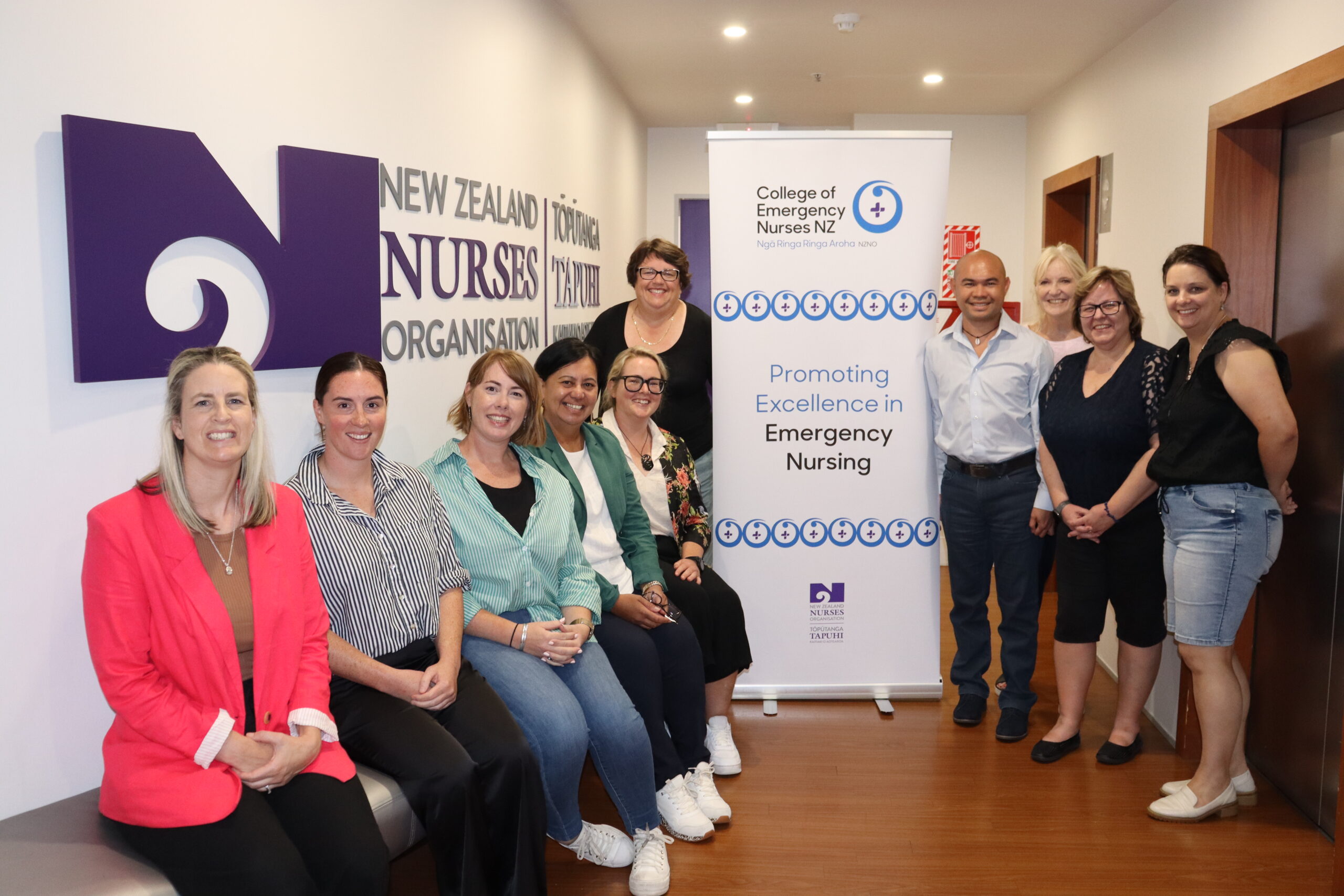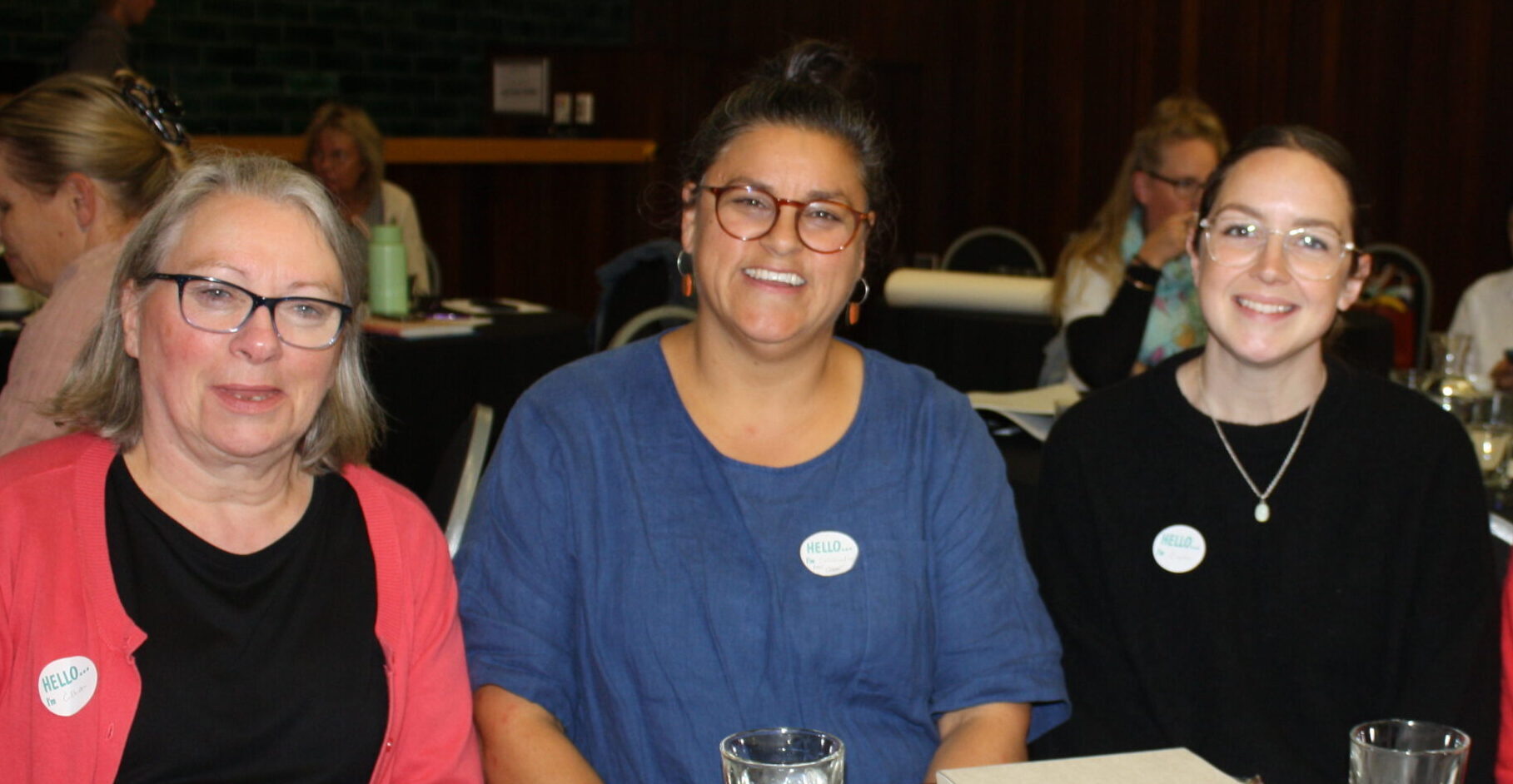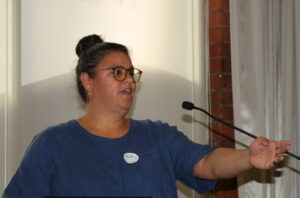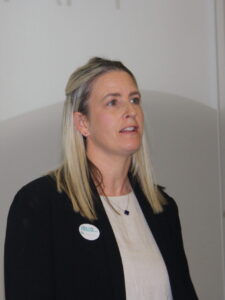And perioperative nurses say they are already working “at capacity”, with no spare staff to deal with accelerated elective surgery targets.
New health targets
- Faster cancer treatment — 90 per cent of patients to receive cancer management within 31 days of the decision to treat. (Currently 84 per cent).
- Improved immunisation rates for kids — 95 per cent of children to be fully immunised at 24 months of age. (Currently 83 per cent).
- Shorter stays in emergency departments — 95 per cent of patients to be admitted, discharged or transferred from an ED within six hours. (Currently 66 per cent).
- Shorter wait times for first specialist assessment – 95 per cent of patients to wait less than four months for an FSA. (Currently 66.4 per cent).
- Shorter wait times for treatment – 95 per cent of patients to wait less than four months for elective treatment. (Currently 61.5 per cent).
Prime Minister Christopher Luxon yesterday announced faster ED and elective treatments were in the Government’s “deliberately ambitious” top nine targets to be reached in the next six years. Others were reducing child and youth offending, violent crime, beneficiaries, student absenteeism, families in emergency housing and greenhouse gas, and increasing student achievement.
The ED and elective treatment targets were first revealed last month by Health Minister Shane Reti, alongside targets for faster cancer treatment and first specialist appointments, and higher childhood vaccination rates.
‘Considerable gaming in emergency department data transpired due to a shortfall in resources and planning.’
“Shorter stays in ED are a snapshot of how the whole health system is coping as the interface between community and hospital care,” Reti said at the time.
But without resourcing, the ED targets cannot be met, say NZNO’s college of emergency nurses New Zealand (CENNZ), which has written to Reti with its concerns.
When a National-led Government set similar targets in 2009, “considerable gaming in emergency department data transpired, due to a shortfall in resources and planning”, CENNZ wrote.

Gaming could mean “clock-stopping” or admitting ED patients to short-stay units or observation beds to keep within the six-hour ED stay targets, according to research into the 2009 ED targets.
“The data misrepresented the clinical reality,” CENNZ wrote.
To be successful, “significant and sustained financial investment in emergency nursing is imperative”, along with a hospital-wide approach”.

CENNZ was “not certain that the Government’s current plans are robust enough to address today’s health climate” and would be seeking further detail, chair Lauren Miller said.
Perioperative nurses ‘at capacity’
The perioperative nurses’ college (PNC) also says new demands 95 per cent of elective patients are treated within four months would add more pressure to their stretched workforce.
“We are already working hard to train new staff and increase staff retention, [so] this will be difficult to achieve,” PNC chair Cassandra Raj told Kaitiaki. “Perioperative units are already working at capacity with no spare operating lists.”

One region is opening 20 more operating rooms this year — but without a staffing strategy, she said.
Raj said the college wanted to see better workplace planning for perioperative care and pathways for nurses into the perioperative environment, whether it be diagnosis, treatment, intraoperative [during surgery itself] or post-operative care.
With warnings from the International Council of Nursing (ICN) over a global nursing crisis more government investment was urgently needed in nursing education, workforce and leadership in New Zealand, she said.
‘We are already working hard to train new staff and increase staff retention, [so] this will be difficult to achieve.’
The ED targets would also impact perioperative units, with late-diagnosed acute patients coming through ED likely to take priority over planned surgeries, Raj noted.
“ED does not work in isolation. All departments and resources should be working together to provide the best patient care in a timely manner.”
ED and elective targets will likely be the toughest to meet, currently sitting at 66 per cent and 61 per cent respectively, according to Manatū Hauora-Ministry of Health data.
Immunisation targets ‘unrealistic’
Christchurch practice nurse Daana Watson, too, said 95 per cent immunisation targets were simply not realistic and would only add more pressure to an overstretched primary health sector.

A more effective solution would be to better support primary health, to keep practices open and retain staff with pay rates equal to Te Whatu Ora’s.
“It’s a systemic problem. It’s not just going to be solved by making vaccination rates increase.”
Watson feared the targets would lead to a rise in less experienced vaccinators, which would undermine the nurse’s role as a holistic carer for whānau.
Reti has said New Zealand’s immunisation rates were “well behind countries like the UK, Australia and Canadia” needed to improve.
The “unapologetically” ambitious targets would be reported on quarterly by Te Whatu Ora.

“Having effective targets, and reporting on them publicly, helps identify where there are problems – and how we can take action to improve them.”
However, he acknowledged elective surgery, and first specialist assessment targets had been and would be “tough” to meet.
‘We know how committed the health workforce is and how hard they are working, which is why building our workforce remains a priority.’
“Electives – things like important hip and knee surgeries – are another sad story. COVID-19 has had an influence but wait lists were rising in the years before it even arrived.”

 Reti said the health workforce would be “key” to meeting the targets.
Reti said the health workforce would be “key” to meeting the targets.
“We know how committed the health workforce is and how hard they are working, which is why building our workforce remains a priority.”
With the targets coming into effect on July 1, the first quarterly results would be available shortly after September, he said.
The nine targets follow the Government’s action plan last week in what former chief executive Luxon said would “create momentum and drive focus”.





